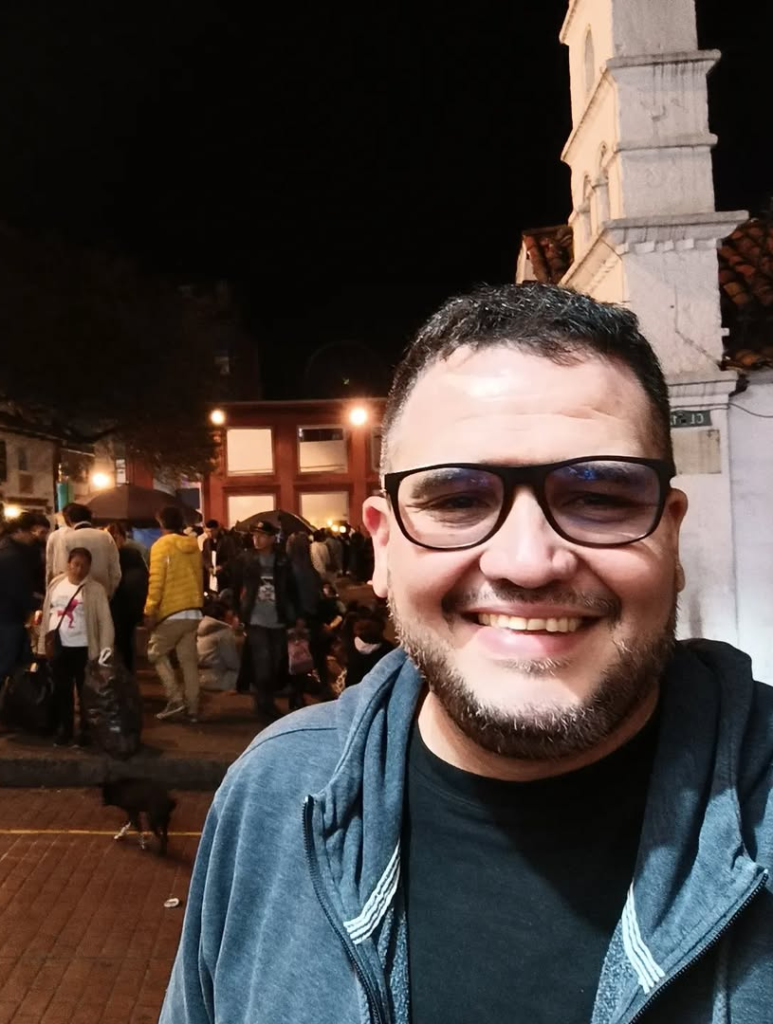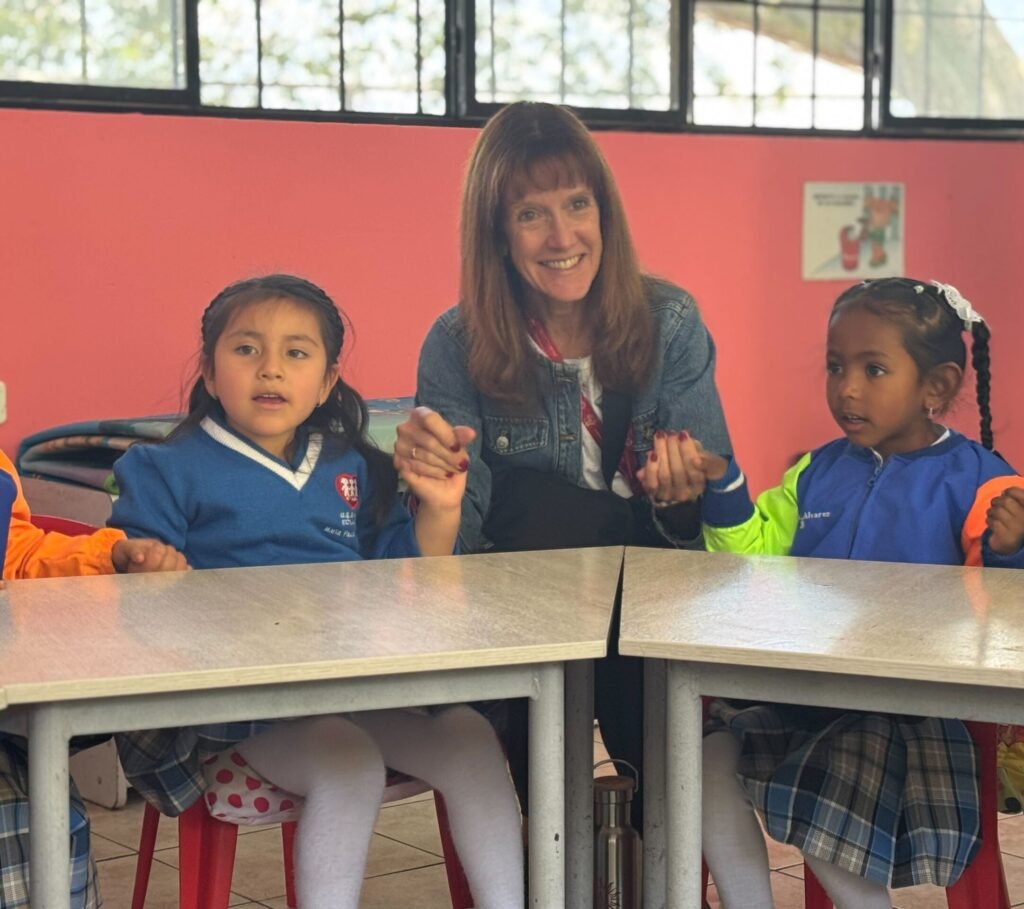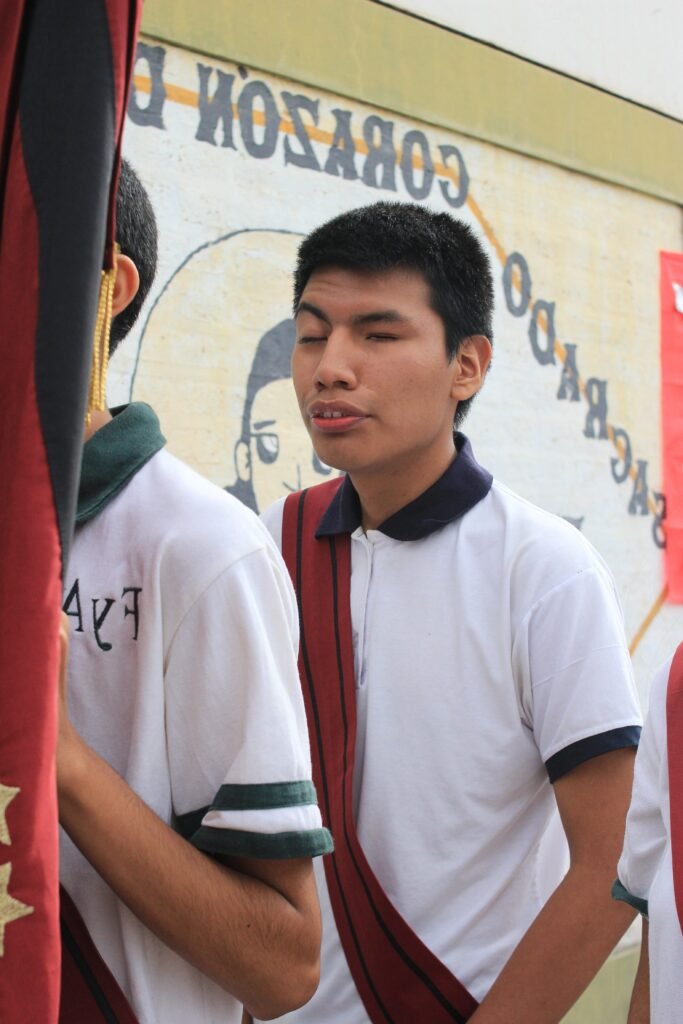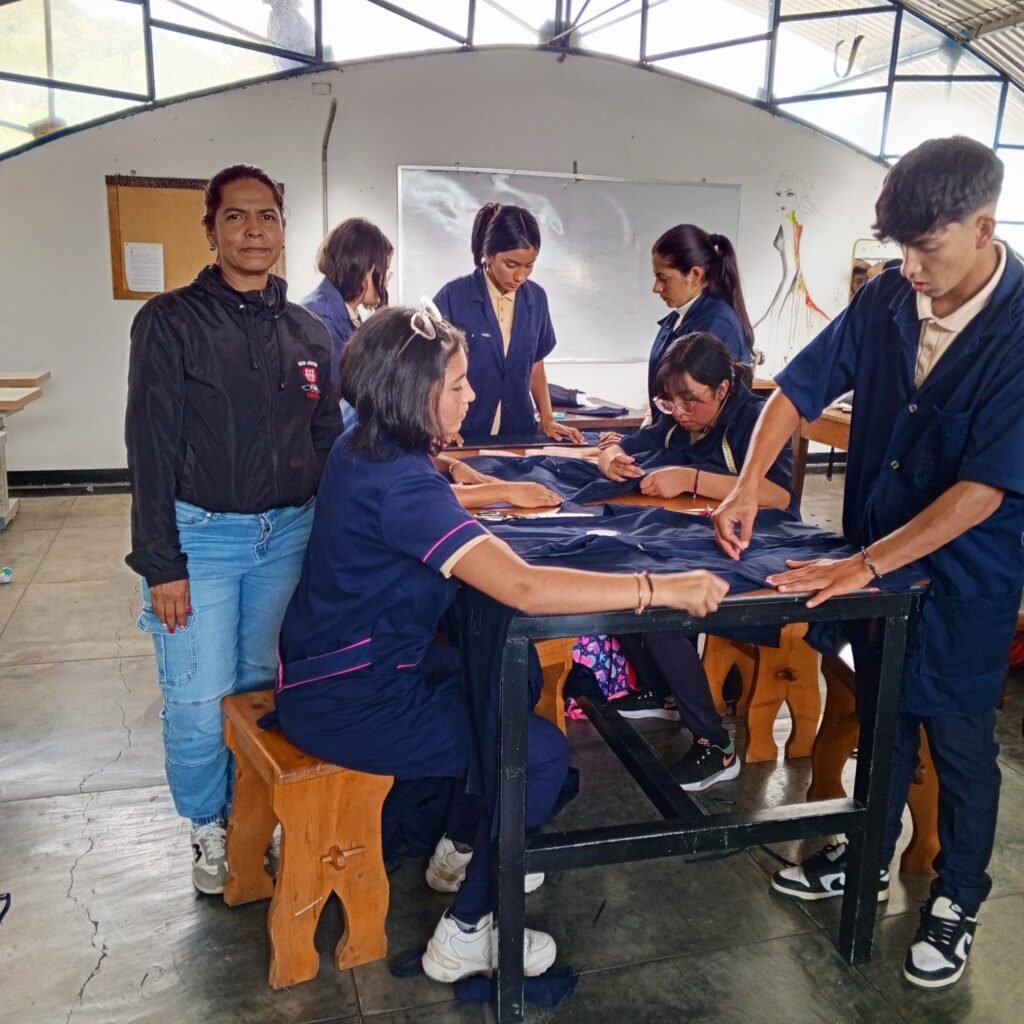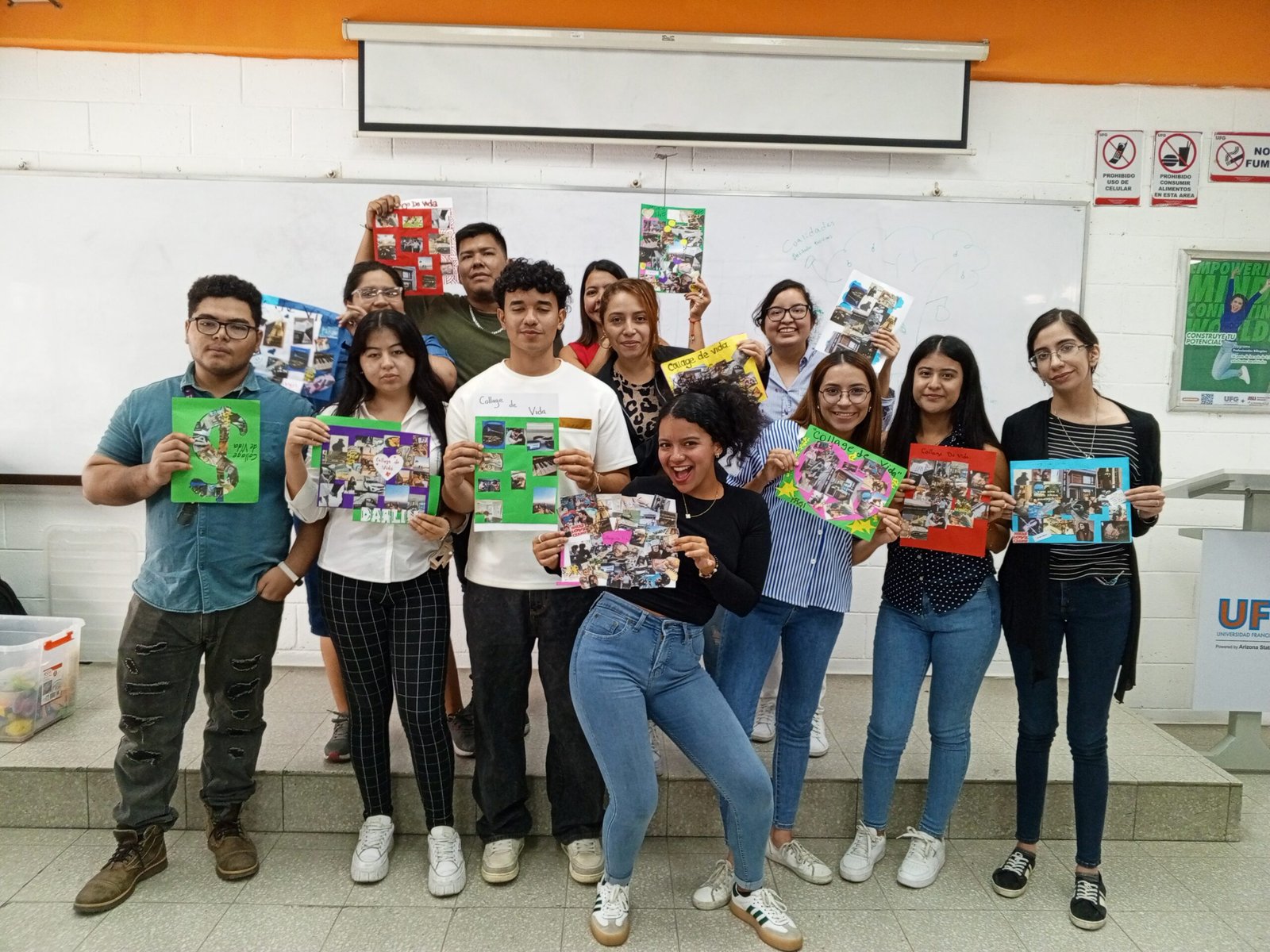Context
The Seeds of Faith School in Alotenango, Guatemala, exemplifies the power of inclusive education and transformative community support. In the heart of Guatemala, this Fe y Alegría school is on a remarkable educational journey. This community is driven by a strong commitment to quality education for marginalized indigenous communities and students with disabilities.
Coffee production has been a traditional industry in Alotenango but more recently, due to its proximity to the tourist city of Antigua, many families also rely on selling handicrafts, providing services in local restaurants and hotels, or serving as tourism guides. Unfortunately, the Fuego Volcano eruption in 2018 and the COVID-19 Pandemic have had significant negative impacts in the region and the local communities continue to struggle economically.
The Seeds of Faith School provides important community support to the families of Alotenango. The school began as an education community formed by families and volunteer teachers to support first-graders who were experiencing difficulties learning Spanish. Many students were indigenous Mayan Kakchiquel and Spanish was their second language. These children came from public schools that were already stretched beyond their limits, grappling with teacher shortages, and class sizes exceeding capacity. As the Seeds of Faith School expanded, the community was able to attend to the needs of older learners and children with disabilities.
Currently using a hotel as learning space, the school community hopes for a building of its own conducive for learning and accessible to all students.

Educating a Community in Inclusive Education
What sets Seeds of Faith School apart from other schools in the area is its dedication to offering quality education to children with disabilities. The school currently cares for 240 students, of which 51 have various disabilities. These can range from Down syndrome to visual and hearing impairments, and even acute malnutrition. Astonishingly, some of these children face discrimination even within their own families. A painful reality where disabilities are misunderstood as curses or punishments.
These often-overlooked children are often denied admission to other local schools. However, by welcoming them into their community, Fe y Alegria is making strides to educate teachers and parents about the unique needs of these students. In this way, the network educates students, their families, and even teachers about the unique needs of these extraordinary children.
OUR PROJECT
Despite the positive impact in the community, the school does not own its own building. They rent space in a building that was formerly a hotel. The classrooms are small, with poor ventilation, no natural light, and high humidity. The restrooms are not sufficient and are in need of urgent repair. The landlord has also indicated he may soon suspend the agreement with the school. All these situations make it impossible to receive more students who are in need.
Our main goal is to improve access to quality and inclusive education for children living in Alotenango, Guatemala. The community has already taken two important first steps. First, a community leader donated land that meets the requirements of space, accessibility, and safety. Then a local organization collaborated by designing the construction plans which have been divided into three phases:
- Phase 1: Construction permits from the municipality, construction of three classrooms, and sanitary infrastructure.
- Phase 2: Construction of three additional classrooms and office areas for pedagogy coordination and administration.
- Phase 3: Construction of sport areas and perimeter infrastructure
American Jesuits International is supporting the project’s first phase with the construction to provide an adequate learning environment for the students. In its own building, the Seeds of the Faith school will be able to serve the school community. The project will strengthen the implementation of the inclusive pedagogical methodology. This will also start a process of formation that facilitates implementing the model in the classrooms.

